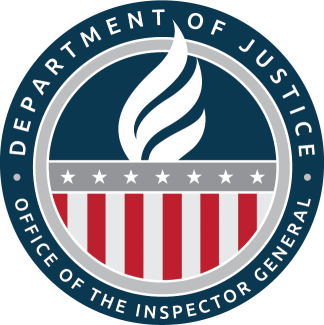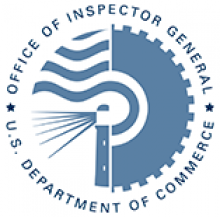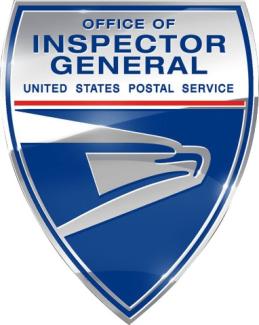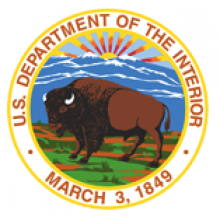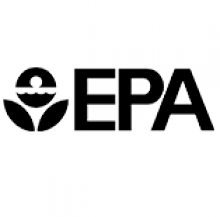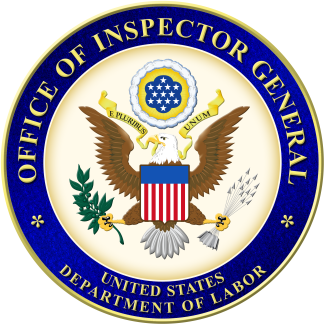CNCS management asked CNCS-OIG to investigate an AmeriCorps member serving at the Nevada Clean Energy Corps, Carson City, NV, who was suspended after a completed criminal history check revealed him to be a registered sex offender.
| Report Date | Agency Reviewed / Investigated | Report Title | Type | Location | |
|---|---|---|---|---|---|
| AmeriCorps | Registered Sex Offender Terminated from AmeriCorps Service after Background Check | Investigation |
|
View Report | |
| Department of Justice | Audit of the Office of Justice Programs Office of Juvenile Justice and Delinquency Prevention Awards to the National Children’s Alliance, Washington, D.C. | Audit |
|
View Report | |
| Internal Revenue Service | Trends in Compliance Activities Through Fiscal Year 2015 | Audit | Agency-Wide | View Report | |
| Department of Commerce | Investigation into Misuse of Agency Transportation Account and Other Improprieties by a Political Appointee | Investigation | Agency-Wide | View Report | |
| U.S. Postal Service | Postmaster Cost Segment | Audit | Agency-Wide | View Report | |
| Department of the Interior | Verification Review - Recommendations for the Report Titled "Bureau of Land Management: Meadowood Equestrian Facility" (ER-IS-BLM-003-2012) | Other | Agency-Wide | View Report | |
| Environmental Protection Agency | Follow-Up Review: EPA Updated Information for Indoor Mold Research Tools | Audit | Agency-Wide | View Report | |
| Department of Justice | A Review of ATF's Undercover Storefront Operations | Review | Agency-Wide | View Report | |
| Department of Labor | Quality Control Review, Single Audit of the PathStone Corporation and Affiliates for the Year ended September 30, 2015 | Review |
|
View Report | |
| Department of Justice | Audit of the National Security Division's Enforcement and Administration of the Foreign Agents Registration Act | Audit | Agency-Wide | View Report | |



